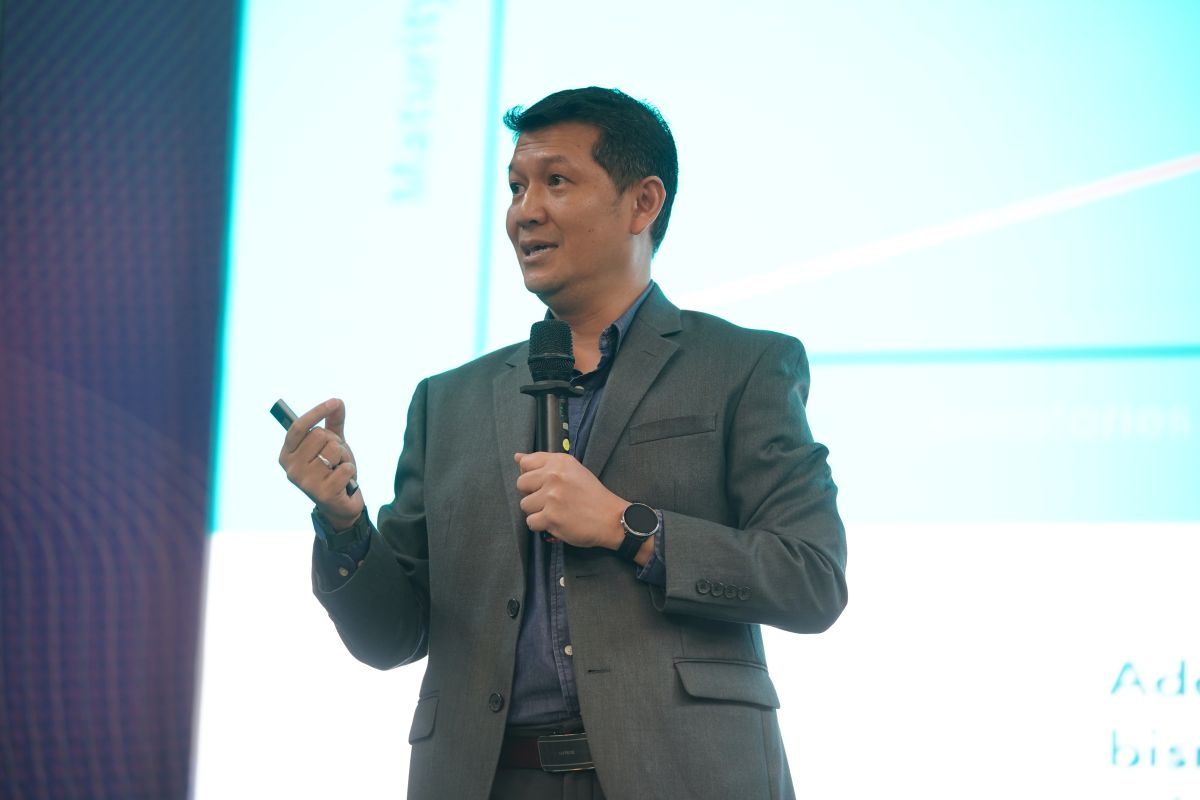Dr. Sigit P Santosa Explained the Development of Innovation in ITB
By Adi Permana
Editor Adi Permana

BANDUNG, itb.ac.id – Institut Teknologi Bandung (ITB) is currently working on four clusters of innovation that will provide technologies and solutions for both national and global challenges. The four cluster includes (1) sustainable energy and transportation, (2) ICT, AI, Big Data, and Cyber Technology, (3) Food and Health Technology, (4) Disaster Infrastructure and Disaster Early Warning System.
The topic was conveyed by the Head of the Institute for Innovation and Entrepreneurship Development ITB (LPIK-ITB), Dr. Ir. Sigit Puji Santosa, M.SME., on a Grab Indonesia Academic Lecture together with the University of Indonesia (UI) and the Massachusetts Institute of Technology (MIT) that discussed the Business Agility in Covid-19 Pandemic challenges, Wednesday (23/6/2021).
"A stronger innovation ecosystem is a key to preserve the continuity of sciences and technology especially in university," he said.
He adds that there are four main issues that hinder the preservation of innovation culture. The first issue is an economic development model that does not emphasize science and technology or a consumption-based economy. The second issue is there are difficulties in implementing, adopting and innovating technology. The third issue is an inadequate innovation ecosystem. The fourth issue is the inefficient use of science and technology funds.
One of the solutions that are suited for those challenges is to create an Innovation Driven Enterprise (IDE) through strong collaboration between the university and industry. Therefore, ITB had been developing an innovation ecosystem since 2010 by utilizing an interconnected network, such as LPIK, 32 center of innovation and 9 National Center of Excellence (PUI-IPTEK), Native Company (PT. Rekacipta Inovasi ITB) for innovation commercialization and start-up development, and cooperation network with more than 400 industries and investors both national and international.
Collaboration is an excellent way to effectively promote all forms of innovation owned by universities, industry, and government.
Reporter: Tarisa Putri (Chemical Engineering, 2019)
Translator: Favian Aldilla (Civil Engineering, 2019)



.jpg)

.jpg)


